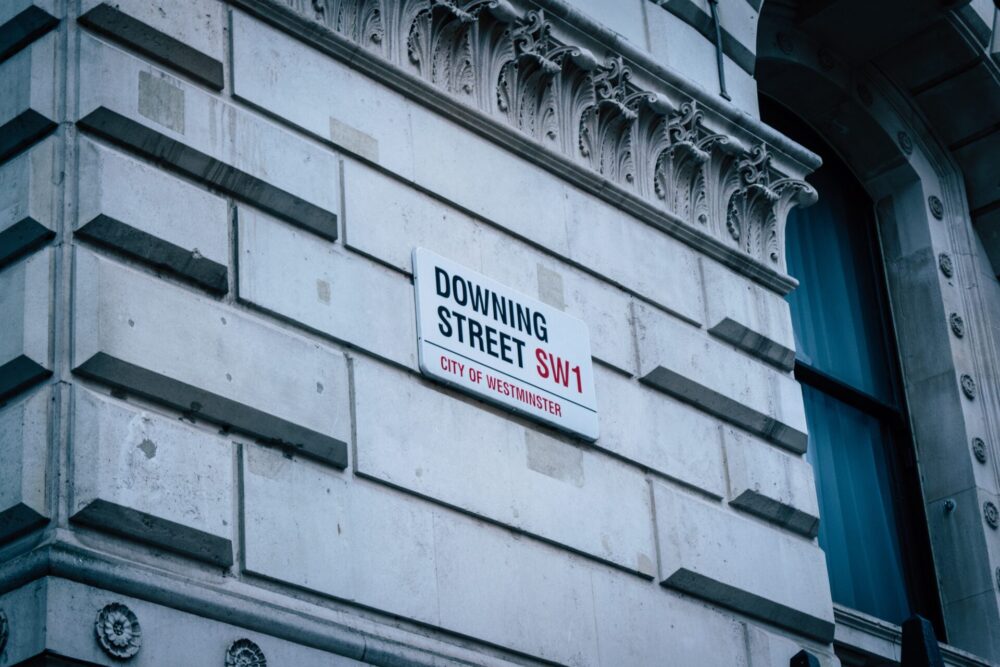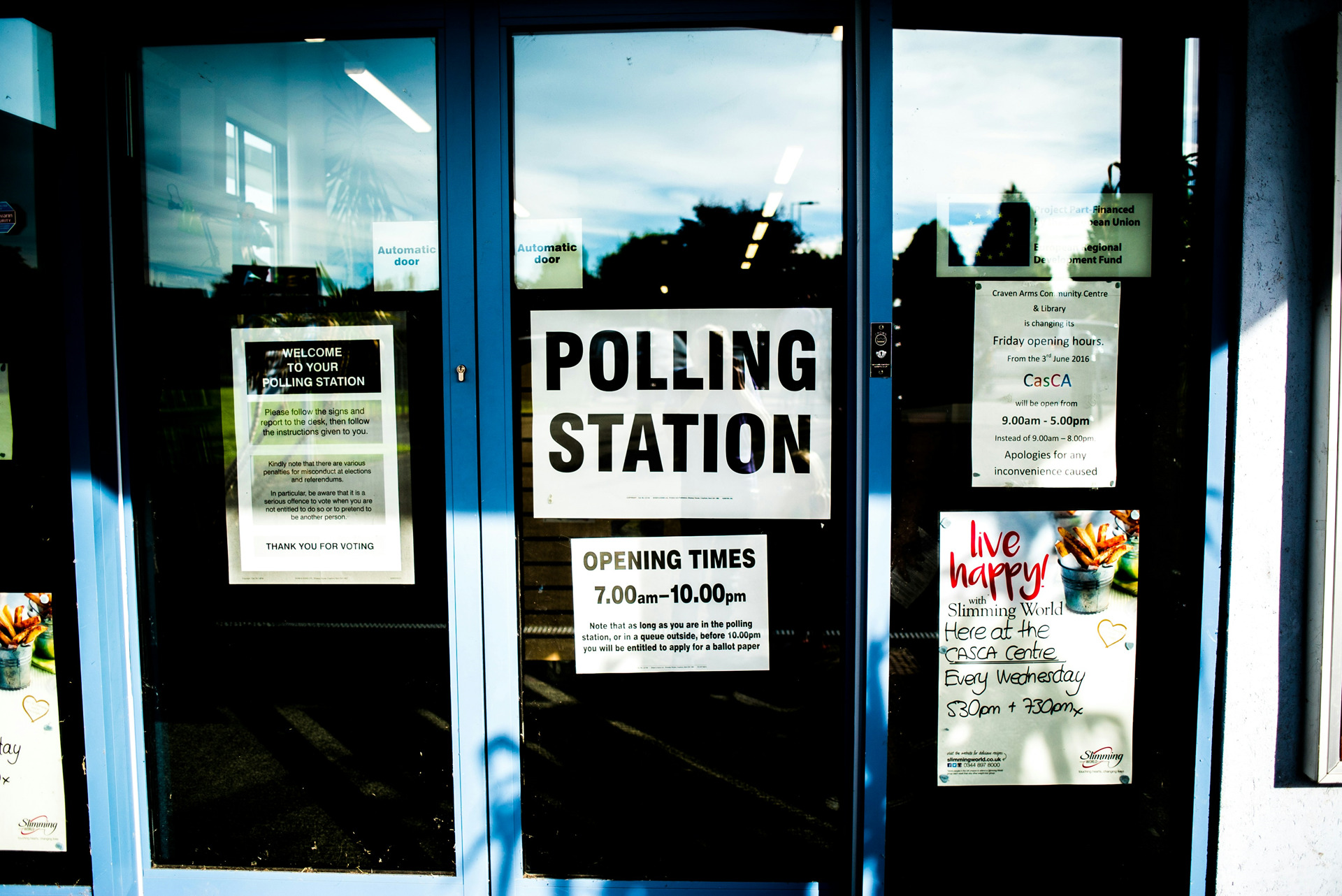
February 2 2023 marks 100 days since Rishi Sunak took office as Prime Minister, an achievement his predecessor could not claim.
In his maiden speech as PM, Sunak said he would deliver on eight policy aims outlined in the Conservative Party manifesto that won the 2019 General Election, as well as promising that his government would bring back “integrity, professionalism and accountability”, traits found wanting in more recent Conservative administrations.
However, his first 100 days have not been without incident, and although he’s steadied the polling ship, his party remain well behind Labour. Despite his anti-sleaze rhetoric upon taking office, his early administration has been far from scandal-free, with one ministerial sacking and two others, in Dominic Raab and Suella Braverman, subject to Whitehall investigations. But what have the public made of Sunak’s first 100 days?
On current polling, Labour will be strolling into Downing Street at the next election; the only question, at this stage, is how big their majority will be.
Upon first taking office as Prime Minister, Sunak’s net favourability stood at -3. This was, at least, higher than Liz Truss’ when she took office (-8), but is a far cry from Boris Johnson’s when he first became Prime Minister, and has served as a sign of things to come: his net favourability has never been terrible, but is wholly uninspiring. His subsequent net scores in December (-10) and January (-7) are not the signs of where a new Prime Minister should be, yet it feels acceptable because of where the Conservative Party and its leaders in 2022 were (-38 for Johnson, -49 for Truss) when they left office.
Where Sunak can claim a victory is in the Best Prime Minister metric. In November, he led Starmer by 3pts (38% vs 35%). Their scores were tied in December, and Sunak led once again by 3pts in January (36% vs 33%). Poll-on-poll, all of these changes are well within the margin of error, but compared to Sunak’s predecessors, any lead over Starmer in this metric feels significant. Starmer led Liz Truss by 28pts in the best PM metric in October, while he led Johnson, albeit often narrowly, in every poll in 2022.
Yet this relative positivity in a head-to-head versus Starmer as a statesman has not translated into bridging the voting intention gap. Labour leads of 28, 30 and 26pts at the end of Truss’ tenure did reduce down to 21, 22 and 19 as part of a typical new Prime Minister bounce, but aside from one outlier showing just an 11pt Labour lead, every Savanta poll under Sunak has shown a 16pt Labour lead or higher, with the most recent being 21pts. Sunak has benefitted from not being Liz Truss, but he’s yet to majorly undo any of the damage either she, or Johnson before her, did to the Conservative brand. On current polling, Labour will be strolling into Downing Street at the next election; the only question, at this stage, is how big their majority will be.
Which leads us to where Sunak is now, and how he has been perceived so far. Just over half (54%) say Sunak has been a bad Prime Minister in his first hundred days, including four in ten (42%) Conservative 2019 voters, while just a third (31%) say he has been good. A similar proportion (56%) say he is incompetent, including two in five (43%) Conservative voters. His perceived competence, in particular, was something swing voters liked about Sunak in a focus group Savanta conducted days after he entered Downing Street; it appears that perception is already ebbing away.
Much of that competence was seen to be economic: this is a former Chancellor whose net favourability peaked at +30 during the pandemic. However, half (48%) say Sunak has made the economy worse since becoming Prime Minister, compared to just only a fifth (18%) say he has made it better. Britain, mired in economic gloom, may have Sunak’s hands tied; he will struggle to pull of any economic miracles in the current climate, but three quarters (72%) say he has made no progress on building a stronger economy so far, one of his maiden pledges.
An NHS in crisis has also dominated the headlines in his first 100 days, with eight in ten (79%) saying he has made no progress on building a stronger NHS thus far, while an eye-watering 55% say he has made the NHS worse during his short tenure so far. Strike action by nurses and ambulance workers have no doubt harmed the perception of Sunak’s handling of the health service, but the public has sympathy for him. Half (52%) blame the government for nurses taking industrial action, while only one in ten (12%) blame the nurses themselves.
Our focus groupees in October described Sunak as the “best of a bad bunch”, likely to do a decent enough job until the next election, but ultimately gives off the impression of a captain – through no fault of his own – going down with his ship. Polling points to the fact Sunak is unable to distance himself enough from his predecessors to absolve himself of blame given the position his party are in. At this stage, Sunak and his government need to be in damage limitation mode, but there’s a nagging sense that things could still get worse before they get better.

